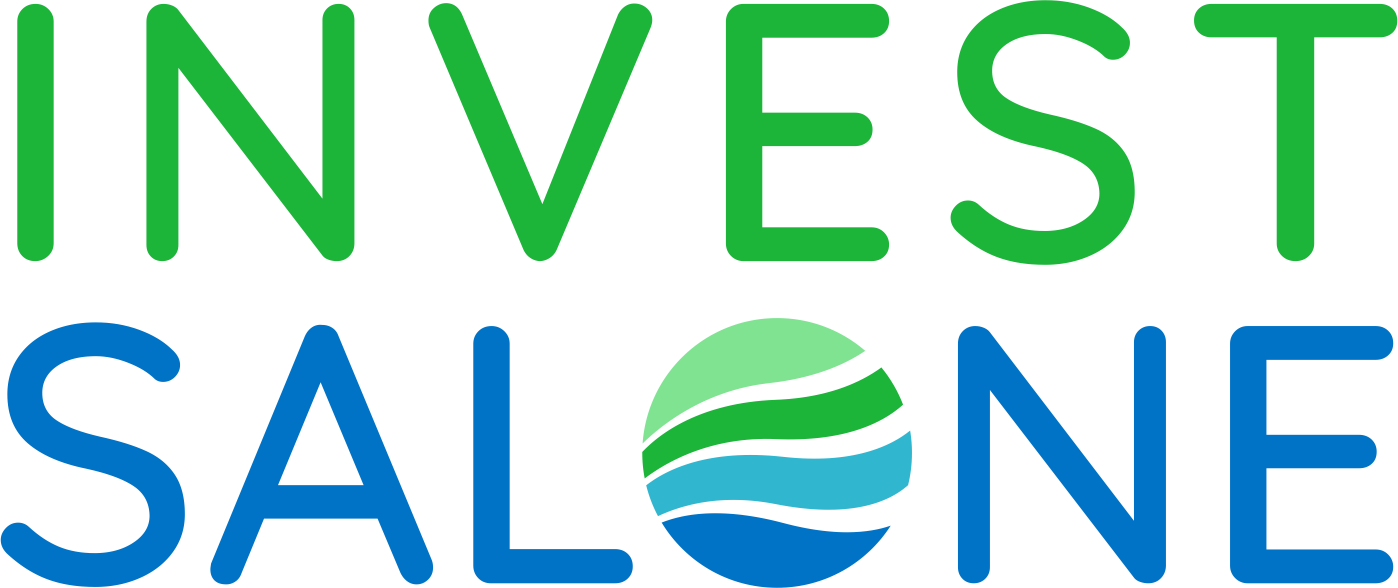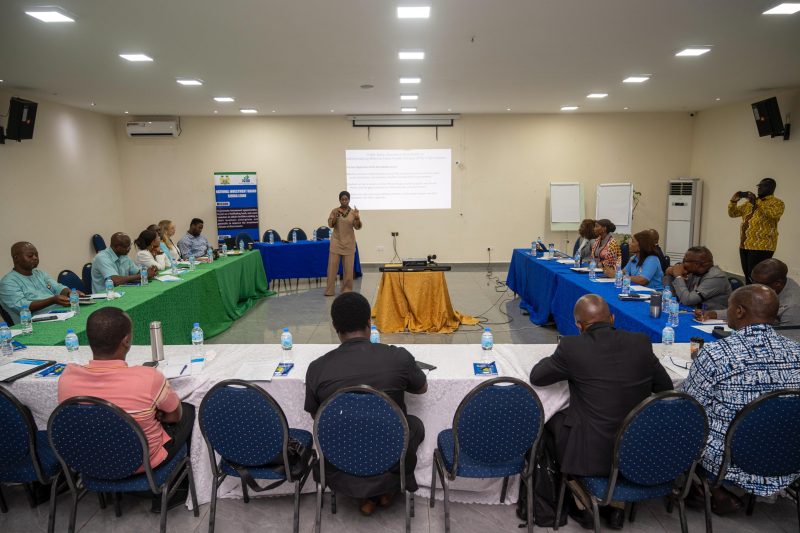When a government engages in consultation – or better yet, real dialogue – with the private sector as it formulates new laws and regulations, prospects grow for an outcome that benefits everyone. But the responsibility for public–private dialogue is not just on the public side; the first step is one for the private sector to take. Diverse firms, entities and associations have to come together and make joint proposals that really speak to their collective interests.
Sierra Leone’s Ministry of Finance and National Revenue Authority took the consultation approach to heart in the development of a new Finance Act for 2021. Invest Salone has been pivotal in this initiative, facilitating the discussions on both the private and public sides. With 13 of the private sector’s key recommendations incorporated into the new Finance Act, Invest Salone is now supporting the follow-up on these inputs so they will be escalated to decision-makers.
Sharing a voice for key reforms
This was the first time the private sector has been engaged collectively in Sierra Leone’s tax legislative process. In previous ad-hoc engagements, individual private actors would speak with the government on specific issues. The new model of engagement, wherein all private sector players are speaking with one voice, represents a new kind of channel for the government to receive inputs from the private sector on tax policy issues. Although the drafting process did not allow time for direct dialogue between the private and public sectors, Invest Salone was able to present the officials with a single, compiled set of recommendations.
The private sector consultations took place in late 2020, despite the challenges of coordination in the COVID-19 pandemic. Through virtual and limited one-on-one meetings, Invest Salone brought together a coalition with ten business member organisations that represent tourism, manufacturing, agriculture, professional services, energy, communications, import, mining, general merchandise, clearing and forwarding, printing, and Indigenous businesses.
The private coalition recommended 35 different inputs, which they further refined in a virtual Private Sector Engagement in October 2020. Here, the organisations prioritised their inputs under three areas: those pertaining to firms’ administration and compliance burdens; those with an impact on consumers; and general cross-sector issues.
After the virtual event, Invest Salone shared the results with public sector officials working on the development of the Finance Act within the Ministry of Finance and National Revenue Authority. The team were very receptive to the recommendations from the private sector, despite an overall cautious approach to the Act conditioned by the revenue effects of the pandemic.
Private sector inputs included
Among the 13 private sector recommendations that were taken up in the Finance Act are some that level the playing field in Sierra Leone and relieve the burdens of the pandemic.
Through one provision, businesses employing female managers between 2021 and 2023 will be eligible for tax credits – in line with the private sector’s call to encourage employment of women. Another provision will relieve start-ups from paying income tax in their first year, enabling small new firms to grow. And to raise skill levels in companies, a withholding tax exemption will be introduced for employing the services of highly skilled experts from outside of Sierra Leone, so long as they participate in a scheme for skills transfer.
Because the tourism sector has been severely damaged by COVID-19, the Finance Act introduces another provision to relieve tourism firms from income tax for the next two years, surpassing the private sector’s request for a one-year relief.
Further protections for local industries are included in amendments to the Customs Tariff Act and Excise Act. The updates will remove import duty on wheat for flour production, and reduce excise duties on beer made with Sierra Leonean sorghum, cassava, maize, sugar or barley. Duties will be placed or increased on imported palm oil products, margarine, medicated soap and nails.
Meanwhile, the bill reflects private sector inputs in several amendments to the Income Tax Act. It will set corporate income tax at 15% for manufacturers and factories outside the Western Area; reduce the capital gains tax rate from 30% to 25%; and reduce tax on retained earnings from 30% to 10%. In response to a recommendation that pharmaceuticals be exempted from goods and services tax, the bill will exempt all vaccines as well as medicines used in the treatment of diabetes, high blood pressure, hepatitis and typhoid.
The first step and the road ahead for consultation
“We’re trying to get the private sector to see the merits of this first step,” says Chukwu-Emeka Chikezie, Team Leader of Invest Salone. “That first step entails the private sector getting its act together to combine forces and make a joint proposal based on their collective interest.”
There are many more steps ahead. “We’re aiming for behavioural change by public officials, firms, and their business membership organisations,” he says. He sees the behaviour of the Ministry of Finance and National Revenue Authority as a model that should be normalised in Sierra Leone to ensure that the private and public sectors work closely to improve the country’s economy.
Invest Salone anticipates that the Ministry and Authority will take part in a post-Finance Act 2021 Public–Private Dialogue, which will see the public and private sides engage in quarterly reviews and monitoring of the Act’s implementation, facilitated by Invest Salone.
Chikezie also hopes to see the public sector commence dialogue around the future Finance Act for 2022 within the first half of the new year, involving the same mix of actors. This will continue to happen through Invest Salone facilitation and support, in partnership with business membership organisations.






